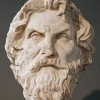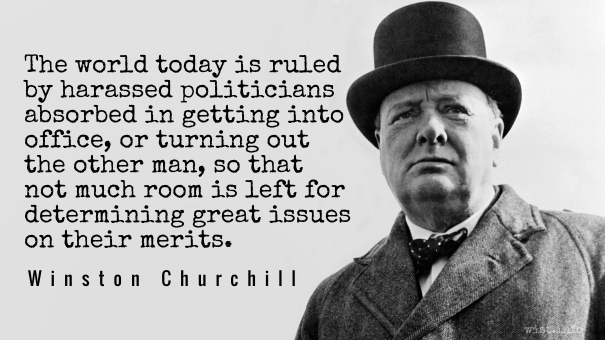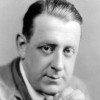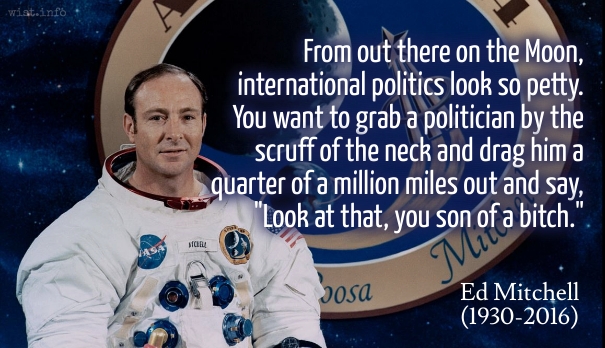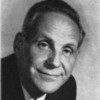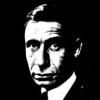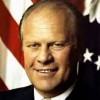CHARLIE ANDERSON: There’s nothing much I can tell you about this war. It’s like all wars, I suppose. The undertakers are winning it. Oh, the politicians will talk a lot about the “glory” of it, and the old men’ll talk about the “need” of it — the soldiers, they just want to go home.
Quotations about:
politicians
Note not all quotations have been tagged, so Search may find additional quotes on this topic.
It is strange that we sort the wheat from the chaff and the unfit from the fit in war, but we do not excuse evil men from the service of the state.
[ἄτοπον ἔφη τοῦ μὲν σίτου τὰς αἴρας ἐκλέγειν καὶ ἐν τῷ πολέμῳ τοὺς ἀχρείους, ἐν δὲ πολιτείᾳ τοὺς πονηροὺς μὴ παραιτεῖσθαι]
Antisthenes (c. 445 - c. 365 BC) Greek Cynic philosopher
Fragment 104 [tr. Laurén]
(Source)
In Diogenes Laertius, Lives of the Eminent Philosophers, Book 6, ch. 1.
Alt. trans.:
- "He used to say that it is strange that we sift out the chaff from the wheat and those useless for war, but we do not forbid scoundrels in politics." [@sentantiq (3 Jun 2020)]
- "He used to say that it was strange that we separate the wheat from the chaff, the useless in war, but we do not ban wicked men from public life." [@sentantiq (21 Feb 2017)]
- "That it seemed very absurd to separate the chaff from the wHeat, to discharge a coward from the army, and not to extrude the envious from the state." [Source (1753)]
- "'It is strange,' said he, 'that we weed out the darnel from the corn and the unfit in war, but do not excuse evil men from the service of the state.'" [Loeb Classical (1925)]
There are two major kinds of promises in politics: the promises made by candidates to the voters and the promises made by the candidates to persons and groups able to deliver the vote. Promises falling into the latter category are loosely called “patronage,” and promises falling into the former category are most frequently called “lies.”
The central belief of every moron is that he is the victim of a mysterious conspiracy against his common rights and true desserts. He ascribes all his failure to get on in the world, all of his congenital incapacity and damnfoolishness, to the machinations of werewolves assembled in Wall Street, or some other such den of infamy. If these villains could be put down, he holds, he would at once become rich, powerful and eminent. Nine politicians out of every ten, of whatever party, live and have their being by promising to perform
this putting down. In brief, they are knaves who maintain themselves by preying on the idiotic vanities and pathetic hopes of half-wits.
You develop an instant global consciousness, a people orientation, an intense dissatisfaction with the state of the world, and a compulsion to do something about it. From out there on the Moon, international politics look so petty. You want to grab a politician by the scruff of the neck and drag him a quarter of a million miles out and say, “Look at that, you son of a bitch.”
Edgar "Ed" Mitchell (1930-2016) American aviator, engineer, astronaut
(Attributed)
The earliest source I can find of the quote is in People (8 Apr 1974), where it appears as an epigraph for a story on Mitchell three years after his flight to the Moon.
The more lies are told, the more important it becomes for the liars to justify themselves by deep moral commitments to high-sounding objectives that mask the pursuit of money and power.
The trouble with this country is that there are too many politicians who believe, with a conviction based on experience, that you can fool all of the people all of the time.
Franklin Pierce Adams (1881-1960) American journalist and humorist
Nods and Becks (1944)
See Lincoln.
It’d be nice if we’d now stop hearing political appointees and MBA candidates crowing about their private sector successes, their nose for accountability and the perils of broken government. Whatever. All I hear in that is the sneering of reformers who actually don’t much like democracy. I don’t want politicians who are “above politics,” anymore then I want a plumber who’s “above toilets.”
Ta-Nehisi Coates (b. 1975) American writer, journalist, educator
“Hubris,” Atlantic (7 Apr 2011)
(Source)
If there is distrust out there — and there is — perhaps it is because there is so much partisan jockeying for advantage at the expense of public policy. At times it feels as if American politics consists largely of candidates without ideas, hiring consultants without convictions, to stage campaigns without content. Increasingly the result is elections without voters.
Gerald R. Ford (1913-2006) American politician, US President (1974-77) [b. Leslie Lynch King, Jr.]
Speech, Profiles in Courage Award Acceptance, John F. Kennedy Presidential Library (2001)
(Source)
And he gave it for his opinion, that whosoever could make two ears of corn or two blades of grass to grow upon a spot of ground where only one grew before, would deserve better of mankind, and do more essential service to his country, than the whole race of politicians put together.
If I was to really get at the burr in my saddle, it’s not politics — and this is, I think, probably a horrible analogy — but I look at politicians as, they are doing what inherently they need to do to retain power. Their job is to consolidate power. When you go to the zoo and you see a monkey throwing poop, you go, “that’s what monkeys do, what are you gonna do?” But what I wish the media would do more frequently is say “bad monkey.”
Jon Stewart (b. 1962) American satirist, comedian, and television host. [b. Jonathan Stuart Leibowitz]
Interview by Charlie Rose (2004-09-29)
Full text.


